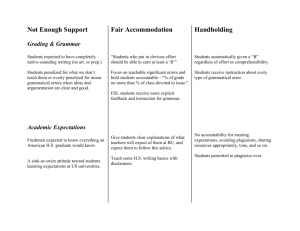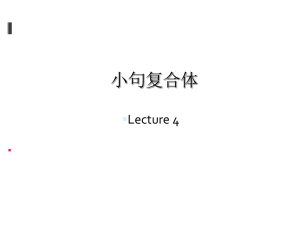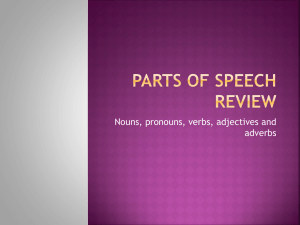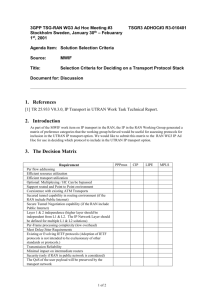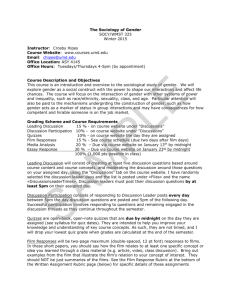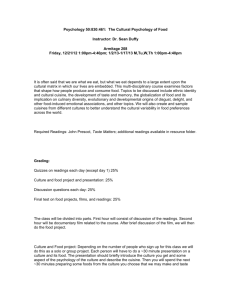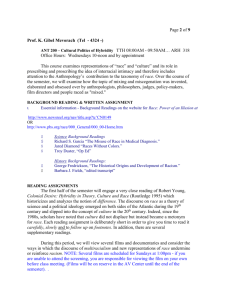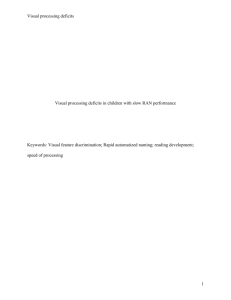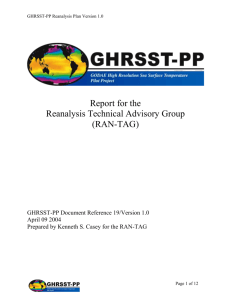Historical Methods
advertisement
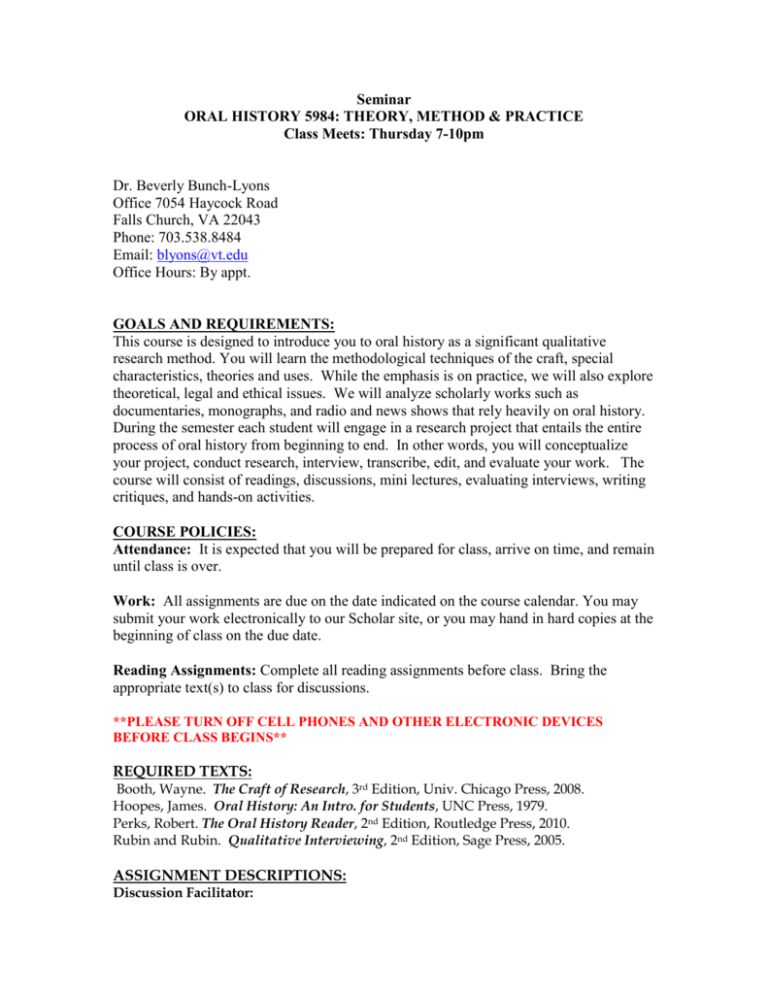
Seminar ORAL HISTORY 5984: THEORY, METHOD & PRACTICE Class Meets: Thursday 7-10pm Dr. Beverly Bunch-Lyons Office 7054 Haycock Road Falls Church, VA 22043 Phone: 703.538.8484 Email: blyons@vt.edu Office Hours: By appt. GOALS AND REQUIREMENTS: This course is designed to introduce you to oral history as a significant qualitative research method. You will learn the methodological techniques of the craft, special characteristics, theories and uses. While the emphasis is on practice, we will also explore theoretical, legal and ethical issues. We will analyze scholarly works such as documentaries, monographs, and radio and news shows that rely heavily on oral history. During the semester each student will engage in a research project that entails the entire process of oral history from beginning to end. In other words, you will conceptualize your project, conduct research, interview, transcribe, edit, and evaluate your work. The course will consist of readings, discussions, mini lectures, evaluating interviews, writing critiques, and hands-on activities. COURSE POLICIES: Attendance: It is expected that you will be prepared for class, arrive on time, and remain until class is over. Work: All assignments are due on the date indicated on the course calendar. You may submit your work electronically to our Scholar site, or you may hand in hard copies at the beginning of class on the due date. Reading Assignments: Complete all reading assignments before class. Bring the appropriate text(s) to class for discussions. **PLEASE TURN OFF CELL PHONES AND OTHER ELECTRONIC DEVICES BEFORE CLASS BEGINS** REQUIRED TEXTS: Booth, Wayne. The Craft of Research, 3rd Edition, Univ. Chicago Press, 2008. Hoopes, James. Oral History: An Intro. for Students, UNC Press, 1979. Perks, Robert. The Oral History Reader, 2nd Edition, Routledge Press, 2010. Rubin and Rubin. Qualitative Interviewing, 2nd Edition, Sage Press, 2005. ASSIGNMENT DESCRIPTIONS: Discussion Facilitator: Once during the semester you will serve as discussion facilitator. In this capacity you will decide the direction of the discussion. You should provide an opening statement or argument, and have specific questions that you want to address as they relate to the readings. Your questions must be posted no later than the Wednesday before our Thursday class. Everyone should be prepared to critically engage the literature. It is imperative that everyone participate regularly; the success of the course depends on it. Reading Analysis Notes (RAN): 1. RAN are short analytical summaries of the assigned readings. You should aim to make your RAN 2-3 pages in length. Please do not exceed three pages. The RAN are not meant to be exhaustive. You should aim to demonstrate your understanding of the more important arguments the author(s) is (are) making in the assigned readings. RAN are intended to: 1) help you prepare for in-class discussion; 2) help you improve critical thinking skills by identifying arguments, engaging with arguments, and integrating arguments across readings. Details will be provided on the first evening of class. Oral History Research Project: Choose a topic that is of interest to you. You will go through the process that most scholars use in writing papers. After preliminary research you will write a brief description (1-2 pages) of the topic you intend to research. You will then conduct a literature review of primary and secondary sources on your topic and create a working annotated bibliography. You will identify a minimum of three possible individuals to interview about your topic. These interviews will form the basis of the work you perform in the course. Your final project will consist of 12-15 well crafted pages. A complete description will be provided on the first evening of class. Film Analysis Worksheets We will view 4 films in class during the semester. You will complete a film analysis worksheet for 3 of the 4 films. The film analysis worksheet can be found on Scholar. GRADING: RAN: 25% Discussion Facilitator: 25% Research Project: 25% Film Analysis: 25% GRADING SCALE: A-90-100 B-80-89 C-70-79 D-60-69 F-Below 60 The Plus/Minus system is used for final grades 2 3

